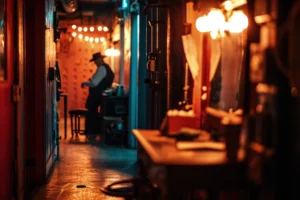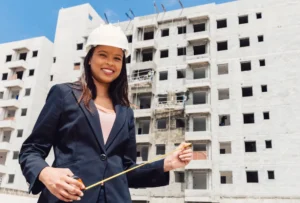The sudden departure of a life partner represents more than a personal loss; from a developmental perspective, it is a significant exogenous shock that disrupts the established life-course trajectory of an individual. For me, losing my husband to cancer in 2020 was a profound disruption, particularly as a young widow in my 30s. The scaffolding of my identity, my future plans and my daily existence was dismantled almost instantaneously. The focus of my research has always centered on the socio-emotional development of young adults, but my personal experience has offered a new, invaluable perspective on human capital and social capital and their re-evaluation in the face of such a crisis.
The immediate aftermath was a period of renegotiation. I found myself at the intersection of private grief and public expectation, compelled to re-establish my role not just as a grieving individual, but as the sole parent of a young son. This transition from a dual-parent household to single motherhood necessitated an immediate and significant shift in my agency and adaptive capacity. I was now solely responsible for the emotional and physical care economy of our family unit. This involved managing my own grief while simultaneously ensuring a stable and nurturing environment for my son’s continued socio-emotional development. The challenge was immense: to secure his foundation while mine felt so unsteady.
This journey has been a testament to what I now understand as linked resilience. It is not a solo endeavor; rather, my resilience is mutually constitutive with my son’s. His innate ability to find joy in small moments, to learn and to grow, became a powerful feedback loop for my own recovery. My ability to maintain a calm and consistent presence, to show up each day and engage with him, was the fundamental act of survival that, in turn, allowed me to heal. We have been in a state of co-regulation, each providing the emotional stability the other needed. It’s a reciprocal process where my son’s developmental milestones , his first day of school, his laughter at a movie, his simple acts of affection are not just points of pride, but catalysts for my own forward momentum. This isn’t a passive journey; it’s an active and collaborative process of building a new normal together.
In this reconfigured family structure, the intergenerational transfer of values, experiences, and coping mechanisms has become explicit. My son is learning about grief, healing, and strength not from a textbook but from the lived experience of our daily lives. I am also learning. I have had to re-evaluate and redefine what success and happiness mean for our new family unit. The past is not forgotten, but it no longer defines our future. We are constructing a new life-course trajectory, one built on a foundation of loss but fortified by a fierce, collaborative resilience that has allowed us to not only survive, but to develop and thrive.




